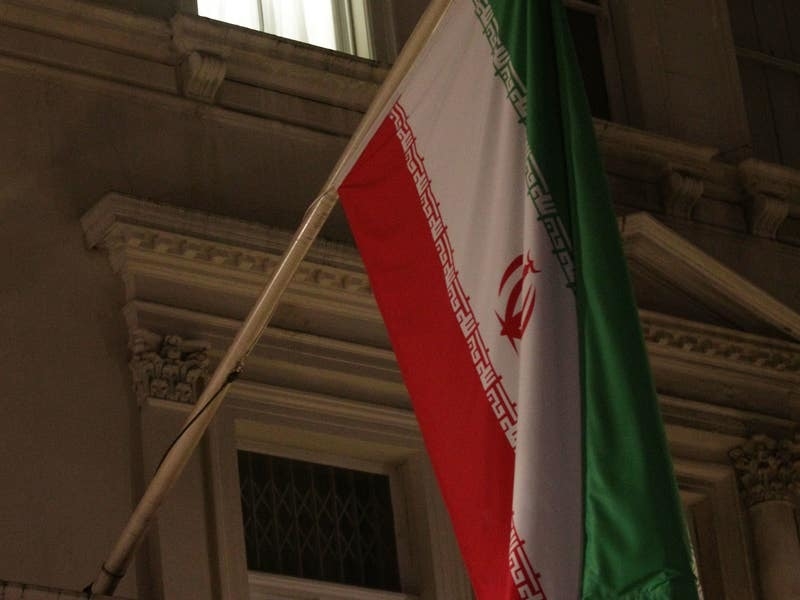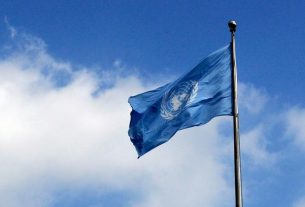Human rights campaigners have condemned Iran for having “pitifully little respect” for the right to life after it executed British-Iranian national Alireza Akbari on spy charges.
The comments from Amnesty International UK came after Iranian state media on Saturday announced that Mr Akbari, a former Tehran defence official who was seen by the Islamic Republic as a reforming moderate, had been hanged.
Foreign Secretary James Cleverly also announced the UK has sanctioned Iran’s prosecutor general, Mohammad Jafar Montazeri, in “disgust” at Mr Akbari’s execution.
Mr Akbari, an Iranian former deputy defence minister, was arrested in 2019 and accused of espionage for MI6 related to past nuclear talks between Iran and western nations, according to reports.
The UK has sanctioned Iran’sProsecutor General.
Sanctioning him today underlines our disgust at Alireza Akbari’s execution.The Prosecutor General is at the heart of Iran’s use of the death penalty.
We’re holding the regime to account for its appalling human rights violations
— James Cleverly?? (@JamesCleverly) January 14, 2023
He denied the charge and said he was tortured and forced to confess on camera to crimes he did not commit, BBC Persian reported.
Mr Akbari’s wife, Maryam Samadi, told the service she was invited to a “final meeting” at the prison where he has been put in solitary confinement, an apparent sign that an execution is imminent.
Mr Cleverly had previously described the forthcoming execution as “a politically motivated act by a barbaric regime that has total disregard for human life” while Alicia Kearns, the Commons Foreign Affairs Committee chairwoman, accused the Iranians of seeking to “weaponise” dual nationals as anti-government protests convulsed the country.
After the execution was reported on Saturday, Ms Kearns tweeted: “We must continue to give a voice to the Iranian people, to stop their voices being silenced through state murder.
No specific timings were given by the Iranian media as to when the execution took place.
Sky News said Mr Akbari served as Iran’s deputy defence minister when Ali Shamkhani was minister from 1997 to 2005 as part of reformist president Mohammad Khatami’s administration.
He also served in other security roles, including as an adviser to the Iranian navy, and led the implementation of UN resolution 598, which ended the Iran-Iraq war in 1988.
Earlier this week, Iran posted a video of Mr Akbari which appeared to show forced confessions, the BBC reported.
This came after the country’s intelligence ministry described him as “one of the most important agents of the British intelligence service in Iran”.
BBC Persian then broadcast an audio message on Wednesday from Mr Akbari in which he said he had been tortured and forced to confess on camera to crimes he did not commit.
Mr Akbari said he had been living abroad and was invited to visit Iran at the request of a top Iranian diplomat who was involved in nuclear talks with world powers.
After his arrival, he was accused of obtaining top secret intelligence from the secretary of Iran’s Supreme National Security Council, Ali Shamkhani, “in exchange for a bottle of perfume and a shirt”.
The BBC also reported that in his audio message Mr Akbari stated he had been “interrogated and tortured” by intelligence agents “for more than 3,500 hours”.
Accusing Iran of seeking “to take revenge on the UK by executing me,” he added: “By using physiological and psychological methods, they broke my will, drove me to madness and forced me to do whatever they wanted,” he said. “By the force of gun and death threats they made me confess to false and corrupt claims.”
After the execution, Freshta Sharif, of Amnesty International UK, said: “This is absolutely terrible news and once again shows how pitifully little respect the Iranian authorities have for the right to life.
“Alireza Akbari’s fate is particularly horrific given the human rights abuse he reportedly suffered in detention, including torture, being held in prolonged solitary confinement and being forced to repeatedly make false confessions.
“Alireza was convicted of the supposed crime of spreading corruption on earth, which we’ve repeatedly condemned for falling far short of international legal standards.
“We need to see UK officials doing their utmost to investigate allegations that Alireza was tortured and pursuing all avenues to hold those responsible in Iran to account.
“The application of universal jurisdiction should remain an option, with the possibility of a criminal trial being held in the UK or elsewhere outside of Iran if there is sufficient evidence available.”



